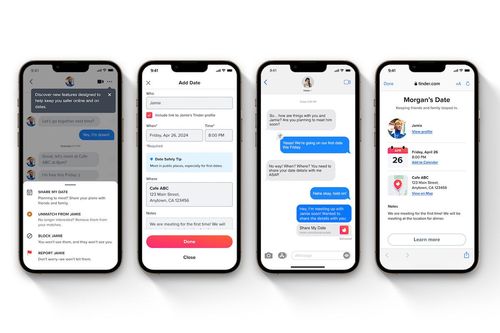Apple allows retro game emulators on the App Store
For a considerable time, game emulators have faced prohibitions on the App Store, driving users, especially in Europe, towards alternative marketplaces in search of these applications. However, in a recent development, Apple has announced a significant policy change. As of Friday, the company revealed that game emulators would now be welcomed on the App Store worldwide, provided they feature downloadable games that adhere to "all applicable laws". This caveat suggests a zero-tolerance stance towards any apps facilitating access to pirated content.
This policy shift is expected to pave the way for the ingress of retro console emulators, which have found a home on Android, to finally make their presence felt on iOS. Previously, the absence of these emulators from Apple's ecosystem left iPhone users resorting to jailbreaking and other alternative methods. This change may also serve to deter iPhone users in the European Union from exploring third-party app stores, a practice permitted within the region.
In addition to modifying the stance on emulators, Apple has also updated its guidelines concerning super apps, such as WeChat. The new policy mandates that mini-games and mini-apps embedded within these super apps employ HTML5, explicitly excluding native apps and games. This update seems to be a reaction to antitrust litigation in the United States, which accuses Apple of suppressing competition in the realm of cloud game streaming apps and super apps alike.
Moreover, Apple's recent rule alterations may be in response to pressure from the European Commission. The tech giant has now adjusted its policies to permit music streaming apps in the European Union to direct users to external purchasing options and disclose pricing information within the app. However, this modification has not been met with universal acclaim, with entities like Spotify criticizing Apple for continuing to levy commissions on purchases made via these external links, despite European Union directives advocating for freer communication between music streaming apps and their users.
Spotify, expressing dissatisfaction with Apple's policy adjustments, argues that compliance with legal directives is not an option but a mandatory requirement. With the European Commission poised to undertake non-compliance proceedings against Apple from April 6th, including the imposition of daily fines, the call for decisive measures grows louder, in hopes of securing genuine consumer choice.
 Why Meta is looking to the fediverse as the future for social media
Why Meta is looking to the fediverse as the future for social media Microsoft’s Surface and Xbox hardware revenues take a big hit in Q3
Microsoft’s Surface and Xbox hardware revenues take a big hit in Q3 Augment, a competitor of GitHub Copilot and backed by Eric Schmidt, emerges from stealth mode with a launch of $252 million
Augment, a competitor of GitHub Copilot and backed by Eric Schmidt, emerges from stealth mode with a launch of $252 million IBM advances further into hybrid cloud management with its $6.4 billion acquisition of HashiCorp
IBM advances further into hybrid cloud management with its $6.4 billion acquisition of HashiCorp Perplexity is raising over $250 million at a valuation of between $2.5 billion and $3 billion for its AI search platform, according to sources.
Perplexity is raising over $250 million at a valuation of between $2.5 billion and $3 billion for its AI search platform, according to sources. Apple announces May 7 event for new iPads
Apple announces May 7 event for new iPads Gurman: iOS 18 AI features to be powered by entirely On-Device LLM, offering privacy and speed benefits
Gurman: iOS 18 AI features to be powered by entirely On-Device LLM, offering privacy and speed benefits Meta aims to become the Microsoft of headsets
Meta aims to become the Microsoft of headsets Tinder introduces a 'Share My Date' feature allowing users to share their date plans with interested friends
Tinder introduces a 'Share My Date' feature allowing users to share their date plans with interested friends This is Tesla's effective solution for the recalled Cybertruck accelerator pedals
This is Tesla's effective solution for the recalled Cybertruck accelerator pedals
